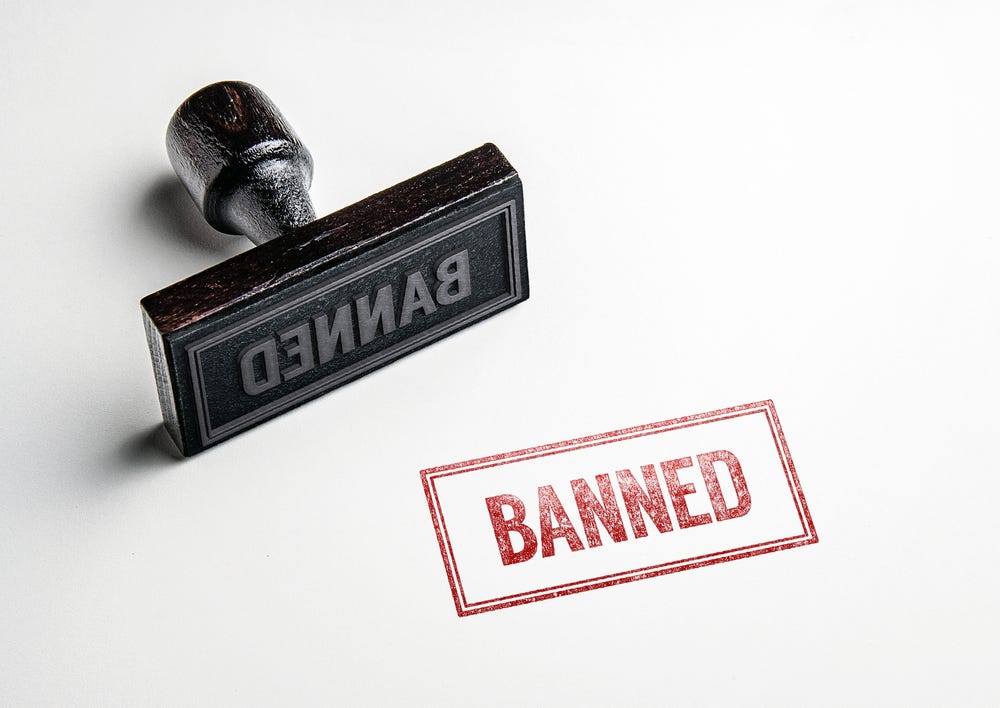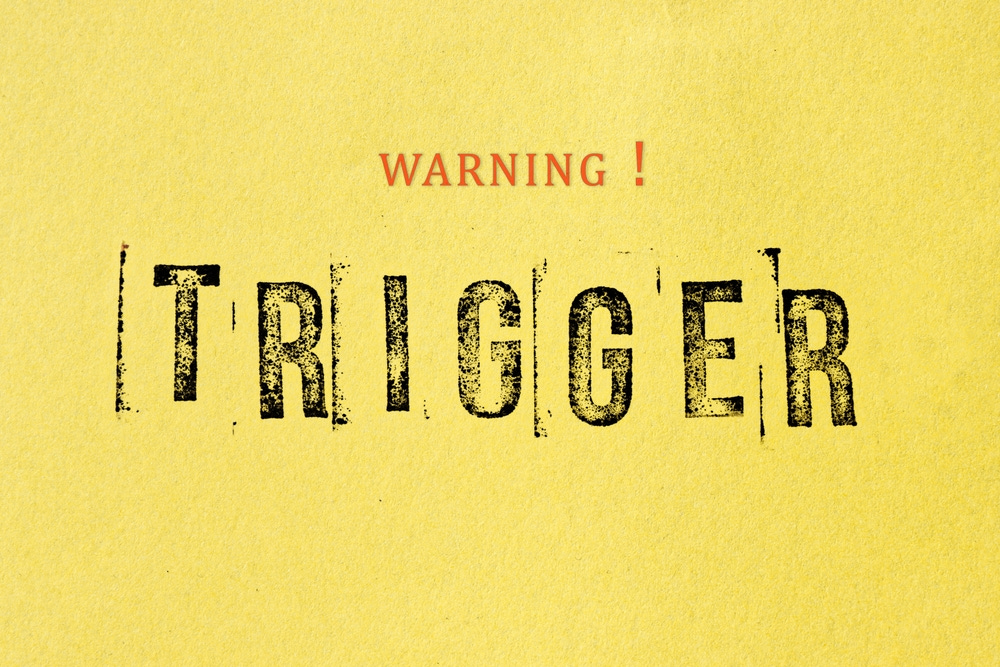E-Pluribus | March 13, 2023
Why are liberal teen girls struggling most?; the illiberalism of the anti-woke Right; and why we shouldn't worry about words.
A round-up of the latest and best writing and musings on the rise of illiberalism in the public discourse:
Jonathan Haidt: Why the Mental Health of Liberal Girls Sank First and Fastest
The CDC recently reported that teen girls are experiencing record levels of anxiety, depression and suicide risk. Social psychologist Jonathan Haidt has been sounding the alarm about this trend and warning about the effects of social media. At The Free Press, Haidt digs deeper into the data to understand why liberal teen girls are struggling the most.
I believe that Greg Lukianoff was exactly right in the diagnosis he shared with me in 2014. Many young people had suddenly—around 2013—embraced three great untruths:
They came to believe that they were fragile and would be harmed by books, speakers, and words, which they learned were forms of violence (Great Untruth #1).
They came to believe that their emotions—especially their anxieties—were reliable guides to reality (Great Untruth #2).
They came to see society as comprised of victims and oppressors—good people and bad people (Great Untruth #3).
Liberals embraced these beliefs more than conservatives. Young liberal women adopted them more than any other group due to their heavier use of social media and their participation in online communities that developed new disempowering ideas. These cognitive distortions then caused them to become more anxious and depressed than other groups. Just as Greg had feared, many universities and progressive institutions embraced these three untruths and implemented programs that performed reverse CBT [Cognitive Behavioral Therapy] on young people, in violation of their duty to care for them and educate them.
Read the full piece.
Andrew Sullivan: The Eradication Of An "Ism"
It was once conservatives who worried about progressives, especially in academic settings, seeking to soften, censor or ban ideas deemed outside of acceptable topics of discourse. But now, that impulse has manifested itself on the Right as conservative politicians and talking heads call for bans on Critical Race Theory, drag shows, and DEI excesses. But Andrew Sullivan warns that you cannot defend liberalism through illiberal means.
The word “eradicate” — meaning “tear up from the roots” — is something that should never be done to any “ism” in a free society, however vile its effects. The goal should always be to interrogate, probe, disprove, debunk or explain — but never “eradicate.” We need resilient error for truth to exist; we need bad ideas to distinguish good ones; and there is almost always some kernel of truth lurking even in the worst lie.
And that is why the intensifying push to “ban” ideas like CRT, or “ban” performances by drag queens in front of children, or “ban” certain concepts from being taught in universities is a sign of a flagging faith in liberal democracy, rather than a sign of its renewal.
[ . . . ]
But you cannot defend a free society by copying the tactics of those who oppose it. And a proposed law like Ron DeSantis’ HB 999 — which effectively hands all academic life to partisan politicians who control faculty and curricula — is a profoundly illiberal response to illiberalism. It doesn’t solve the problem; it compounds it. And it gives the far left rhetorical ammunition to appeal to the middle.
There are ways to fight back without falling into this trap. Legislatures can and should end affirmative action (including legacy preferences) — the original toxin behind today’s neo-racism; they can abolish mandatory DEI statements by public school professors as a condition for employment; they can fire all the countless DEI bureaucrats now proliferating like carpenter ants across public education; they can fund and create institutes within existing colleges to ensure that students have some access to ideas outside far-left orthodoxies. And if corporations are imposing systemic race discrimination as a way to become more “diverse,” sue them under the 1964 Civil Rights Act.
Always open up; try never to shut down. Don’t ban; offer more.
Read it all.
Lawrence M. Krauss: Words Don’t Matter
The impulse of the publishers of Roald Dahl’s books to change or edit out “offensive” words, phrases or ideas stems from the notion that words can harm us. At Quillette, Lawrence M. Krauss argues that words possess no magical powers and any supposed harm can easily be prevented with more words and more speech.
Without context and interpretation, and unless one chooses to internalize them, words are impotent, and that gives us power over them, not vice versa. We may be influenced by what we read or hear, but we own our responses, including our actions, which, after all, speak louder than words.
This notion is anathema in the modern world, however, because it implies that if you feel traumatized or offended by what you hear or read, it is primarily your problem to deal with. The trauma may be very real, but the underlying psychological issues and healing processes are ones that you, not others, need to take primary ownership of. You have not been victimized; you have been traumatized. There is a difference.
[ . . . ]
Censoring and other strictures on language are not the solutions. Rational discussion and even ridicule are. Words themselves can be the greatest tools to alter the impacts of other words. After all, words aren’t, or shouldn’t be, treated as if they are sacred. Allowing them to be said out loud often robs them of their power.
Read more.
Around Twitter
David French with a thread on how individual liberty works in America (click the first Tweet to read the full thread):
Reactions to a free speech incident at Stanford Law School:
Updates from Aaron Sibarium:









